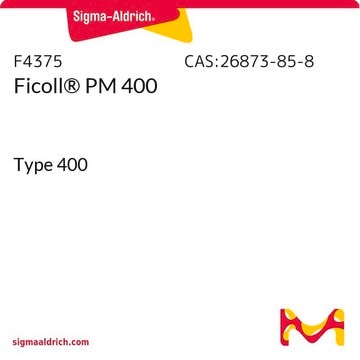C5625
Lithium carbamoylphosphate dibasic hydrate
≥85% (enzymatic)
Synonym(s):
CAP-Li2, Carbamoylphosphate dilithium salt, Carbamyl phosphate dilithium salt, Carbamyl phosphoric acid dilithium salt
About This Item
Recommended Products
product name
Lithium carbamoylphosphate dibasic hydrate,
Assay
≥85% (enzymatic)
form
powder
quality
may contain ~25% free acid (determined by PNMR)
color
white
storage temp.
−20°C
SMILES string
[Li+].[Li+].NC(=O)OP([O-])([O-])=O
InChI
1S/CH4NO5P.2Li/c2-1(3)7-8(4,5)6;;/h(H2,2,3)(H2,4,5,6);;/q;2*+1/p-2
InChI key
TUHZSMCNIUXAIJ-UHFFFAOYSA-L
Looking for similar products? Visit Product Comparison Guide
Related Categories
Application
Signal Word
Warning
Hazard Statements
Precautionary Statements
Hazard Classifications
Acute Tox. 4 Oral - Eye Irrit. 2 - Skin Irrit. 2 - STOT SE 3
Target Organs
Respiratory system
Storage Class Code
11 - Combustible Solids
WGK
WGK 3
Flash Point(F)
Not applicable
Flash Point(C)
Not applicable
Personal Protective Equipment
Certificates of Analysis (COA)
Search for Certificates of Analysis (COA) by entering the products Lot/Batch Number. Lot and Batch Numbers can be found on a product’s label following the words ‘Lot’ or ‘Batch’.
Already Own This Product?
Find documentation for the products that you have recently purchased in the Document Library.
Customers Also Viewed
Our team of scientists has experience in all areas of research including Life Science, Material Science, Chemical Synthesis, Chromatography, Analytical and many others.
Contact Technical Service












